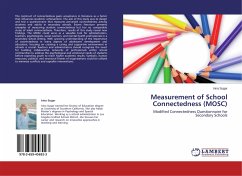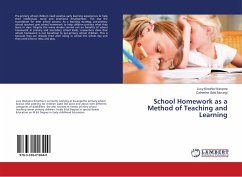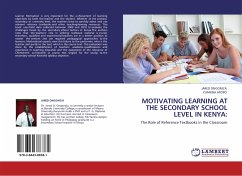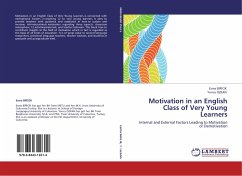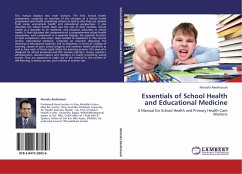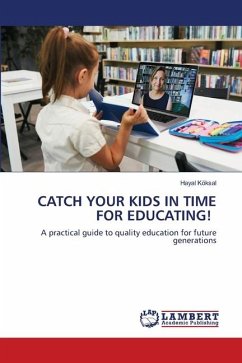The construct of connectedness gains acceptance in literature as a factor that influences students' achievement. The aim of this study was to design and test a questionnaire that measures perceived connectedness among students and adults in secondary schools. Extant literature presents examples of measuring student connectedness but has no comparable study of adult connectedness. Therefore, results of this study reveal new findings. The MOSC could serve as a valuable tool for administrators, teachers, psychologists, social workers, and mental health professionals in a secondary school setting. With growing understanding of the importance of connectedness in many aspects of adolescent development and education, focusing on creating a caring and supportive environment in schools is crucial. Teachers and administrators should recognize the need for building collaborative networks of professionals within school communities to address the psychological and emotional needs of students before expecting youth to reach higher academic results. Symbolic, human resources, political, and structural frames of organizations could be utilized to minimize conflicts and expedite interventions.
Bitte wählen Sie Ihr Anliegen aus.
Rechnungen
Retourenschein anfordern
Bestellstatus
Storno

